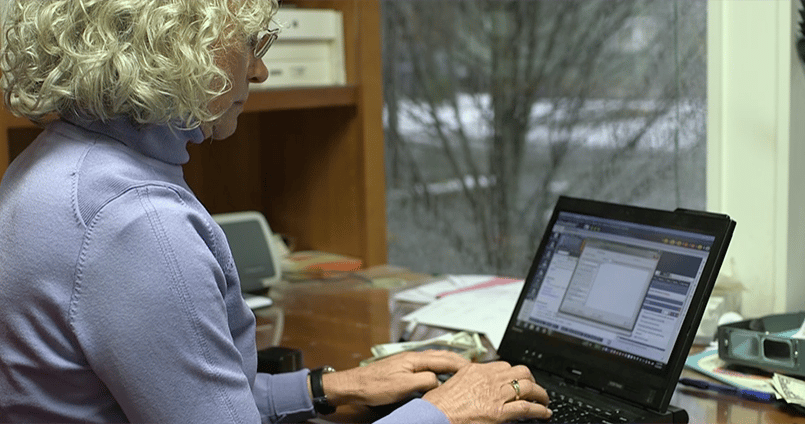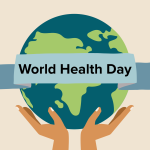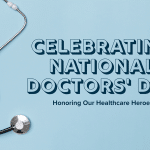Changing nutrition habits to boost community health
- 7 August 2017
- Blog
eClinicalWorks
At Tulane Culinary, it’s “food first”
Remember the oat bran craze of the late 1980s? How about the low-carb Atkins Diet? And how, once upon a time, all cholesterol was considered bad? And how people used to count calories?
OK, people still count calories. But is that the best way to lose weight and keep it off? Is losing weight the only point, or should the real goal be better nutrition, better health, and a more fulfilling life?
At the Goldring Center for Culinary Medicine at Tulane University, there is basically one answer to every question pertaining to diet, nutrition, health and wellness: Food first.
Dr. Timothy S. Harlan, the Goldring Center’s executive director and an assistant clinical professor medicine at Tulane University School of Medicine, is more interested in what you like to eat than how many calories you consume.
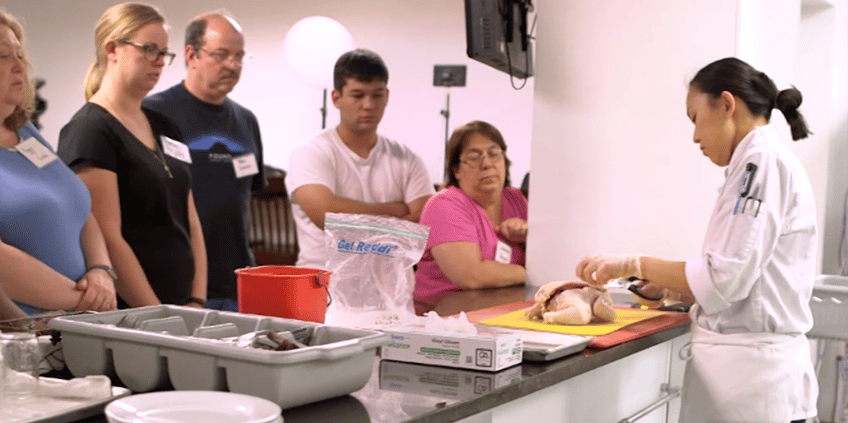
Counting calories? Not so much!
Make no mistake: Dr. Harlan and his colleagues at the Goldring Center are well-versed in nutrition science and health. But counting calories is far down their list of priorities.
Instead, the Goldring Center helps patients control their medical conditions – excess weight, diabetes, hypertension, heart disease, and more – by learning (or relearning) how to cook. How to truly love fresh and wholesome food again.
“We started this project about seven years ago,” Dr. Harlan says, “and we now have this beautiful facility where we teach the community, we teach medical students, we teach residents — practicing physicians — how to cook and eat healthy, how to think about food differently.”
Prescribing cooking classes
Patients who are referred to the Goldring Center get a prescription that might leave many scratching their heads — cooking classes.
“We think it’s really important to teach people how to cook again, and to teach people how to make really great food that just happens to be good for them,” says Leah Sarris, the Goldring Center’s director of operations and executive chief.
“We translate Mediterranean diet research and principles, evidence-based medicine, into the conversation that I want to have with you as a patient about food,” says Dr. Harlan. “Not about mono and saturated fats, or calories, or weight loss.”
Science and data in the kitchen
Again, while the conversation about food comes first at the Goldring Center, that doesn’t mean science takes a back seat.
Goldring Center personnel have used the eClinicalWorks EHR to track the health of their patients — including blood pressure, hemoglobin A1c, cholesterol, and medications — while using Patient Engagement and Population Health tools to monitor community health progress and shape the latest thinking about nutrition education.
“You don’t necessarily expect to use an EMR within this setting, within a culinary institute, but it has made my day-to-day work so much easier,” said Kerrie Dotson, RDN, LDN, who offers nutritional counseling to several patients daily.
“I have really been able to customize the templates I use — adding in portions, talking about patients’ 24-hour recall, their daily food intake, whether they’re choosing whole grains. It really makes it customizable. I can go back in between sessions and see everything we talked about with that patient, and not lose any of that important data.”
And online with Dr. Gourmet
Dr. Harlan’s experience in running restaurants, his lifelong interest in health and nutrition, and his frustrations at the shockingly low amount of nutrition information provided in medical schools — just 19.6 hours of nutrition education over four academic years, according to a 2015 report in the journal of the Association of American Medical Colleges — led him to a subsidiary career.
Since he was a college student, Dr. Harlan has authored books on diet and health, and for more than 20 years has maintained a website, www.drgourmet.com, which contains health information, recipes, meal-planning tools, and dozens of links to nutrition-related sites and studies.
Wondering about egg consumption among folks with type 2 diabetes? There’s a link for that. How about good nutrition while on the road? From the benefits of coffee, alcohol (in moderation, of course!), fish, and much more, Dr. Harlan’s website serves as a one-stop shop for information on nutrition and health.
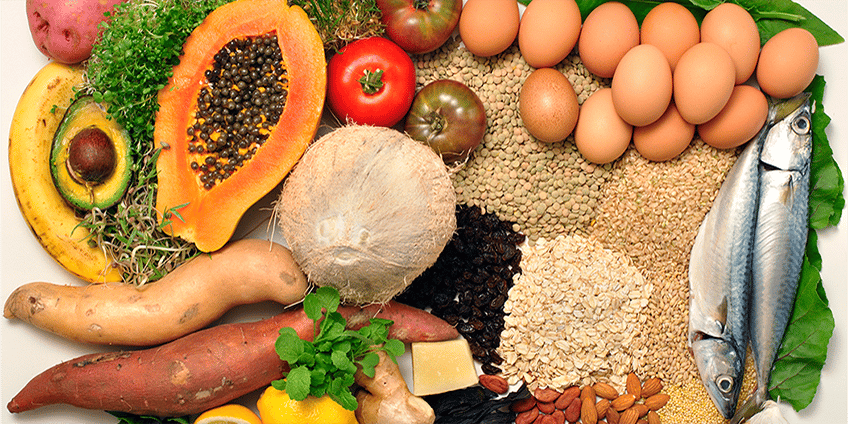
Working for the community
Thus far, Dr. Harlan says, staff at the Goldring Center believe their venture has been a success. Patients taking the cooking classes have lost weight, learned how better to control high blood pressure and diabetes, and truly enjoy the “food first” approach to health. Providers have begun to amass evidence that supports a broader role for nutrition education, both in medical schools and all kinds of medical practices.
“If we can get people through the door here and taking those 12 classes,” he said, “we have data now that shows we can significantly change the trajectory of their use of medication, of their hemoglobin A1c, and blood pressure, and cholesterol, and overall morbidity and mortality.”
“I was referred by my cardiologist,” says New Orleans resident Diane Mack. “I was trying to avoid mediation, and I asked him if there was a dietary way that I could do that, and he thought about it, and said ‘Well, I can send you right up the street to the culinary school. Do you like to cook?’ I said ‘I love to cook!’ It was a wonderful experience!”
But there’s much more to be done, in New Orleans and across the nation.
“We have a long way to go,” Dr. Harlan says, “before you show up at your doctor’s office and there is an end-to-end discussion about nutrition and health, from the time that you check in at the front desk to the time that you are in the examination room and leave. My hope is that tools like eClinicalWorks and apps like healow will create that necessary interactivity between the patient and the physician. Because we’re moving in the direction of healthcare teams, a world in which physicians are a kind of lead member of that team, but clearly not the only partner. We are all going to have to solve this together.”




